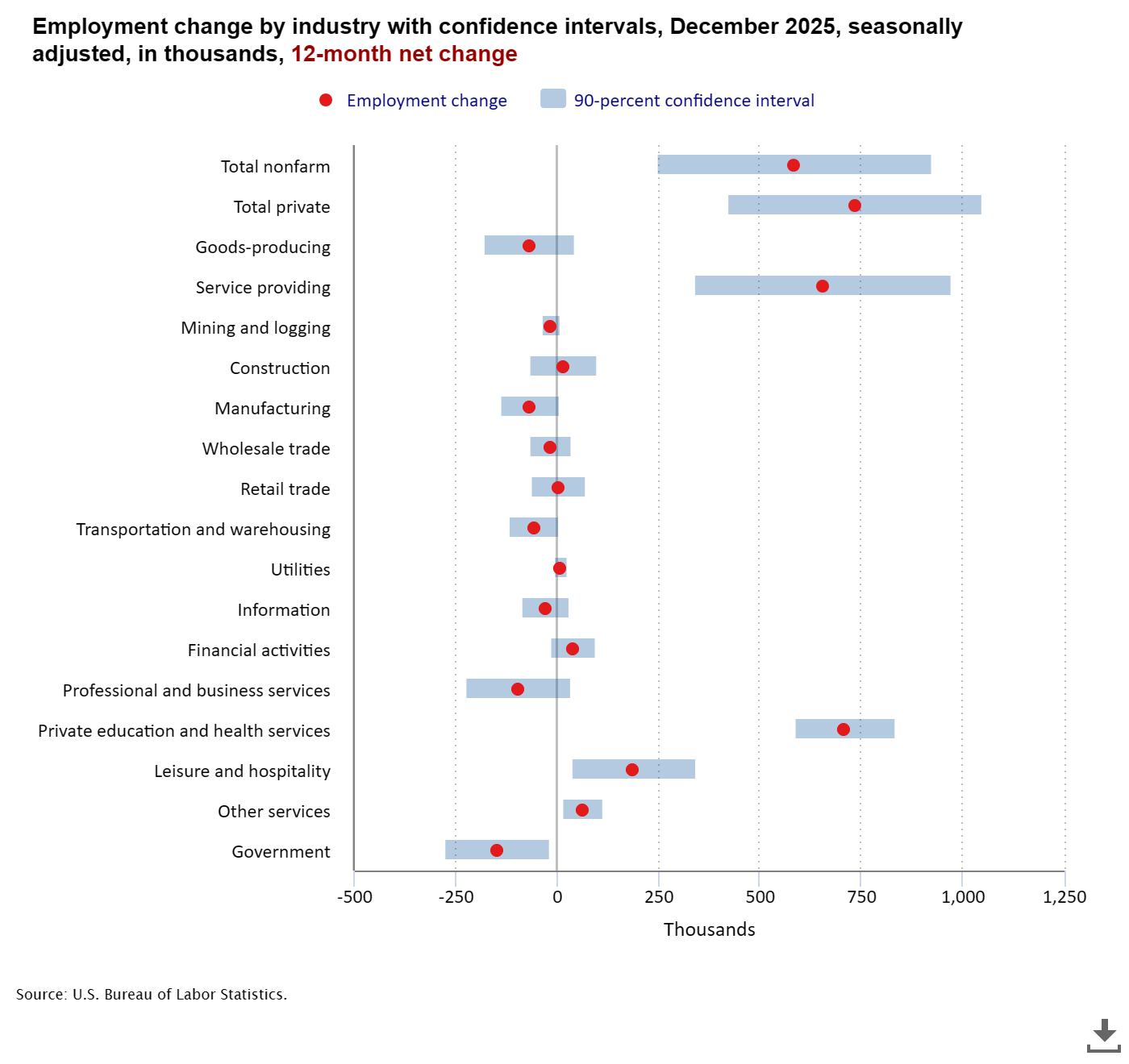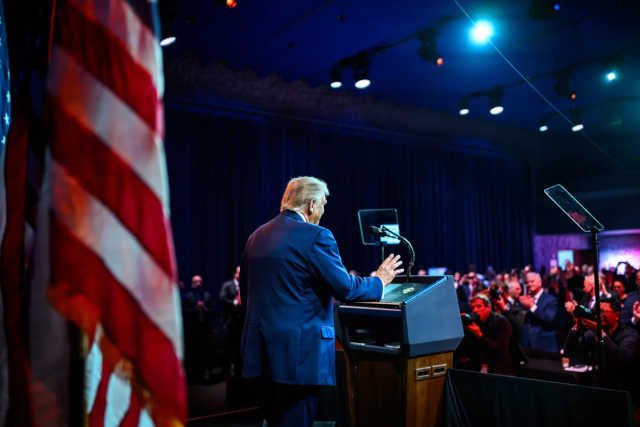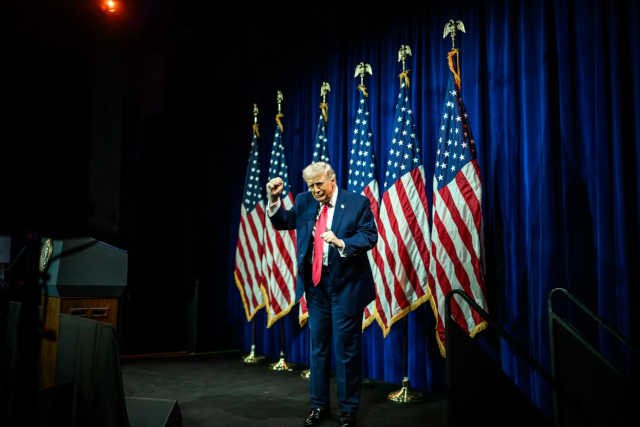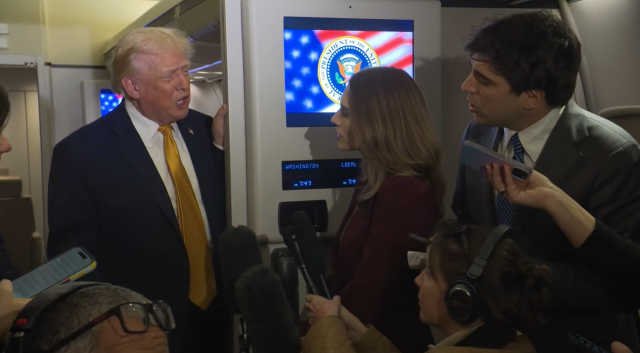Author: Bob Weeks
-

Wichita City Council Meeting: December 9, 2025 – Animal Shelter Concerns, Neighborhood Disputes, and Routine Business
Wichita City Council’s December 9, 2025 meeting addressed animal shelter concerns with 30% euthanasia rate, neighborhood criminal activity frustrations, and approved water/sewer rate increases plus economic development bonds for major employers.
-

Wichita City Council Approves Sales Tax Vote, Major Developments in Marathon 9-Hour Meeting
Wichita City Council approves sales tax vote in historic 9-hour meeting. After emotional tributes to retiring City Manager Robert Layton and heated public debate, Council voted 7-0 to place a controversial 1% sales tax ($840M over 7 years) on the March ballot for public safety, homelessness services, property tax relief, and performing arts facilities. Meanwhile,…
-

Wichita City Council Navigates Sales Tax Details, Public Safety Innovation, and Youth Engagement
Wichita City Council deferred its performing arts center funding resolution after Mayor Wu demanded stronger taxpayer protections, including requiring private dollars fund all design costs before public matching begins. The council will hold a comprehensive January 27 workshop covering all five sales tax ballot projects. Meanwhile, QuikTrip donated funds to expand the city’s drone surveillance…
-

Fact-Check: December 2025 Jobs Report – What the Data Really Shows vs. Administration Claims
The December 2025 jobs report shows 50,000 jobs added and 4.4% unemployment, but administration claims of “blockbuster growth” contradict economist consensus. Our analysis examines five major news sources to separate fact from spin on employment data.
-

December 2025 Jobs Report: Only 50K Jobs Added as Labor Market Cools Dramatically from 2024
The December 2025 employment report reveals a significantly weakened labor market with only 50,000 jobs added and unemployment steady at 4.4 percent. The year saw just 584,000 total jobs created compared to 2 million in 2024, marking the slowest growth since the pandemic recovery.
-

Fact-Checking Trump’s GOP Retreat Claims: Venezuela, Tariffs, Drug Prices, DC Crime & Stock Market
A comprehensive fact-check of major claims from President Trump’s January 6, 2026 GOP House retreat speech, examining assertions about the Venezuela military operation, tariff revenue collections, prescription drug pricing, Washington DC crime statistics, insurance company profits, and stock market records using authoritative sources and official data.
-

Trump GOP Retreat Speech 2026: Venezuela Operation, Tariffs, Healthcare Reform & Midterm Strategy
President Trump addressed the GOP House retreat on January 6, 2026, celebrating the Venezuela military operation, revealing $650 billion in tariff revenue, and unveiling a healthcare strategy to redirect insurance subsidies directly to Americans while urging Republicans to defy historical midterm election trends.
-

2025 Year-End Report on the Federal Judiciary
Chief Justice John Roberts’ 2025 Year-End Report commemorates the 250th anniversary of the Declaration of Independence by examining its philosophical influence on judicial independence and constitutional law, while providing comprehensive statistics showing federal court filings increased across most categories in fiscal year 2025.
-

City Hall Surrender in Genesis-Steven Ice Center Debacle Casts Doubt on Competence | Opinion
Dale Goter argues that Wichita City Hall’s quiet settlement over the Ice Center fiasco exposes years of mismanagement and undermines trust as leaders seek voter approval for an $810 million sales tax.
-

Fact-Check: Air Force One Press Gaggle Claims
This fact-checking analysis reveals a pattern of significant exaggerations, unverifiable claims, and some outright falsehoods mixed with occasional accurate statements. This mixture of accurate observations, misleading characterizations, and false claims makes it essential for readers to verify specific factual assertions independently rather than accepting statements at face value.
-

Trump Air Force One Press Gaggle: Venezuela Operation and Regional Policy
President Trump confirmed the United States is effectively “in charge” of Venezuela following the military operation that captured Nicolás Maduro, announcing plans for American oil companies to rebuild the country’s petroleum infrastructure. Full transcript.
-

Trump Announces Capture of Venezuela’s Maduro in Major Military Operation | January 2026
President Donald Trump announced January 3, 2026, that U.S. Armed Forces successfully captured Venezuelan dictator Nicolás Maduro in a dramatic overnight military raid. The operation involved 150+ aircraft and resulted in no American casualties.